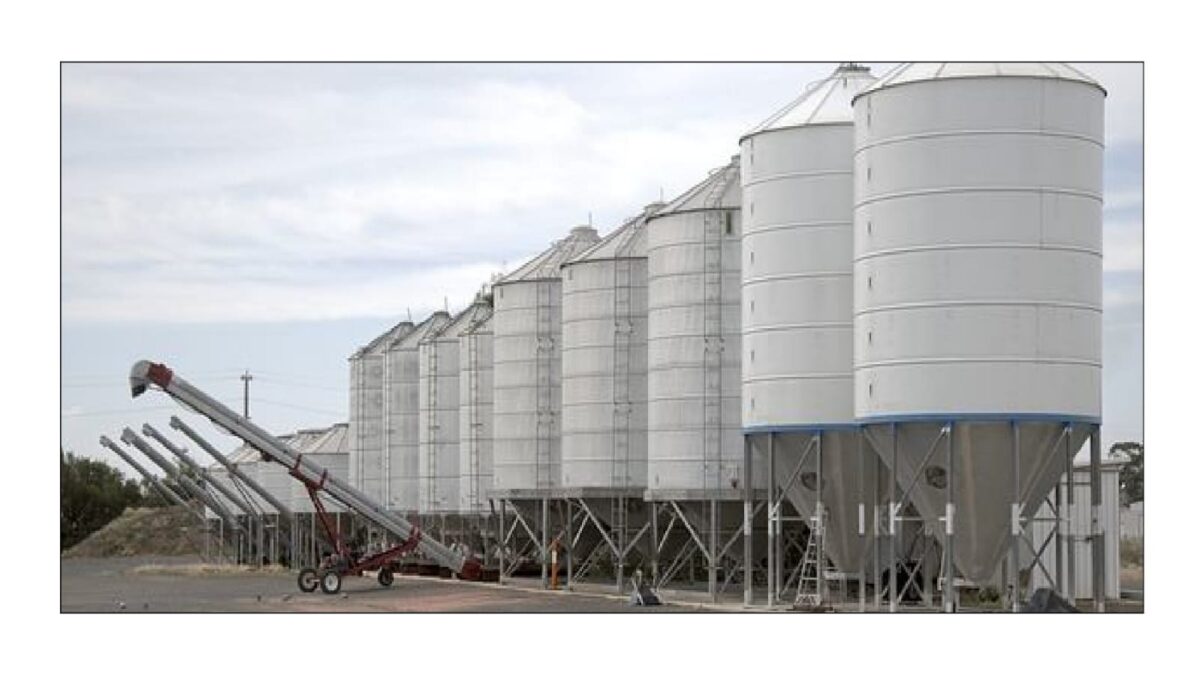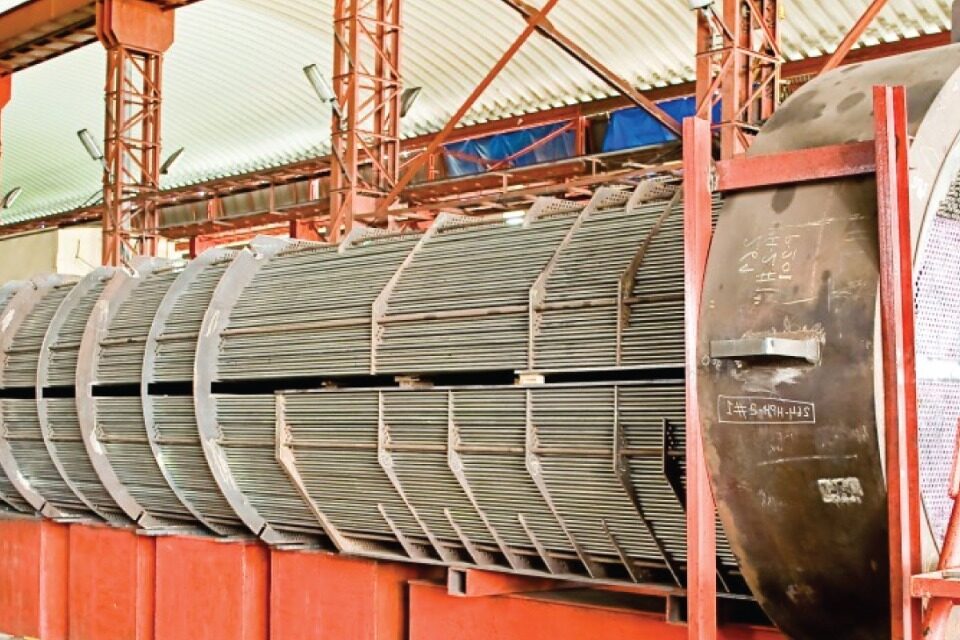Different Types Of Storage Tanks And Their Uses
Storage tanks are essential for holding a wide range of chemicals, including liquids and gases. These tanks are intended to satisfy specific storage needs, assuring the safety and efficiency of the stored products. Rajog Enterprises, a renowned manufacturer of precision machining and fabrication, provides a wide range of storage solutions that are tailored to the demands of its clients. We have a diverse assortment of storage tanks, each built to serve a specific purpose and industry. Stainless steel tanks, known for their durability and resistance to corrosion, are used in industries such as food processing, medicines, and chemicals, where purity and hygiene are essential. Let’s look at the types of storage tanks and their various applications:
- Stainless Steel Tanks: Known for their outstanding durability and corrosion resistance, stainless steel tanks are a cornerstone in industries that value purity and sanitation. Their capacity to preserve the integrity of stored liquids and gasses makes them essential in food processing, pharmaceuticals, and chemical manufacture. Stainless steel tanks not only assure the safety and purity of their contents, but they are also long-lasting and easy to maintain, making them the preferred choice for industries that require high-quality storage solutions.
- Fiberglass Tanks: Fiberglass tanks are versatile due to their lightweight yet sturdy design, making them suitable for a wide range of storage purposes. These tanks are ideal for both subterranean and aboveground installations, with exceptional corrosion resistance and a high strength-to-weight ratio. Fiberglass tanks, which are commonly used to store chemicals, water, and petroleum products, offer a dependable and cost-effective storage solution that can endure extreme environmental conditions while preserving the integrity of its contents.
- Concrete Tanks : Concrete tanks are a popular choice for sectors that require large-volume storage solutions due to their durability and lifespan. These tanks are designed to hold large amounts of water, sewage, and chemicals, making them suitable for municipal water treatment plants, industrial facilities, and agricultural applications. Their durability and tolerance to external variables make them an excellent choice for long-term storage.
- Aboveground Tanks : Aboveground tanks are visible and easily accessible, making them a versatile storage choice for a wide range of commodities. From gasoline and water to chemicals and other liquids, these tanks are used in a variety of industries where accessibility and visibility are critical. Aboveground tanks provide a cost-effective and efficient storage solution that may be tailored to suit storage needs.
- Water Storage Tanks: Water storage tanks are essential for storing and supplying water for home, commercial, and industrial usage. They come in a variety of sizes and designs to meet varied storage requirements. These tanks are built to resist the rigors of water storage, ensuring a safe and consistent supply for a variety of applicatio
- Fuel Storage Tanks: These tanks are designed to store fuels such as diesel, gasoline, and jet fuel and are made of materials that are compatible with the fuel. These tanks follow strict safety rules to ensure the safe storage and management of fuels, making them a crucial component in sectors that rely on fuel for operations.
- Hybrid Tanks: By combining the benefits of several materials, hybrid tanks are intended to suit special storage needs where a normal tank may not serve. Hybrid tanks, which leverage the capabilities of materials such as fiberglass and stainless steel, provide a versatile and customized storage option for businesses with specific storage requirements.
Here We Will Look At How Storage Tanks Are Used In Many Sectors.
- Chemical Industry: Storage tanks are required in the chemical business to store acids, alkalis, solvents, and other chemicals. These tanks are intended to withstand the corrosive nature of chemicals while preventing any leaks or spills that could represent a safety risk. Furthermore, storage tanks in the chemical sector are frequently outfitted with specialized features such as insulation, heating, and cooling systems to maintain the ideal temperature and pressure for properly keeping chemicals.
- Oil & Gas Industry: Storage tanks are used to store crude oil, refined petroleum products, and natural gas. These tanks are typically big and built to endure extreme pressures and temperatures. They play an important role in the supply chain by storing oil and gas during production, processing, and transportation.
- Food Industry: Storage tanks are used in the food industry to store milk, juices, edible oils, and other liquids. These tanks are made of food-grade materials to assure the safety and purity of the stored food goods. They are intended to preserve the freshness and purity of food goods while avoiding infection.
- Pharmaceutical Industry: The pharmaceutical business uses storage tanks to store medicinal goods and raw materials. These tanks are built to fulfil stringent regulatory standards and are frequently outfitted with temperature control and monitoring systems to maintain the stability and quality of the medications housed inside.
- Water Treatment: Water treatment plants include storage tanks that store water for municipal and industrial use. These tanks hold treated water before it is supplied to customers or used in industrial applications. They are intended to avoid pollution and preserve the purity of treated water.
Conclusion:
Storage tanks are vital for safely storing various substances in industries like food processing, pharmaceuticals, and chemicals. Rajog Enterprises specializes in providing customized storage solutions to meet specific industry needs. From durable stainless steel tanks to versatile fiberglass tanks, their range caters to diverse storage requirements. With Rajog Enterprises’ innovative solutions, industries can store materials efficiently and safely, ensuring seamless operations and compliance with industry standards.





